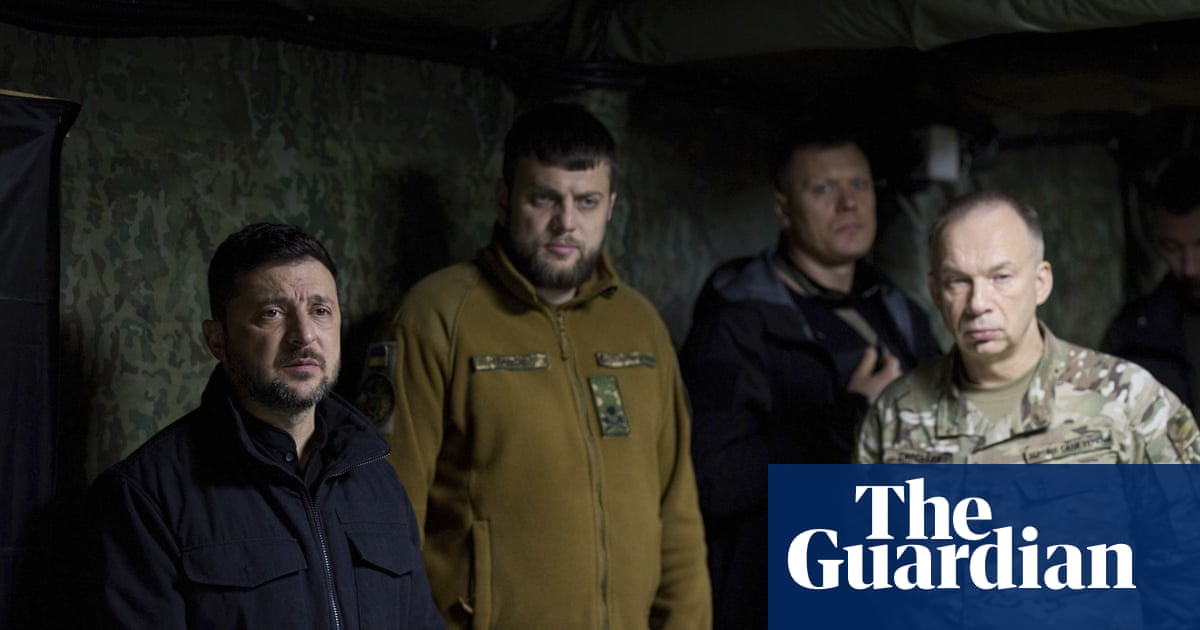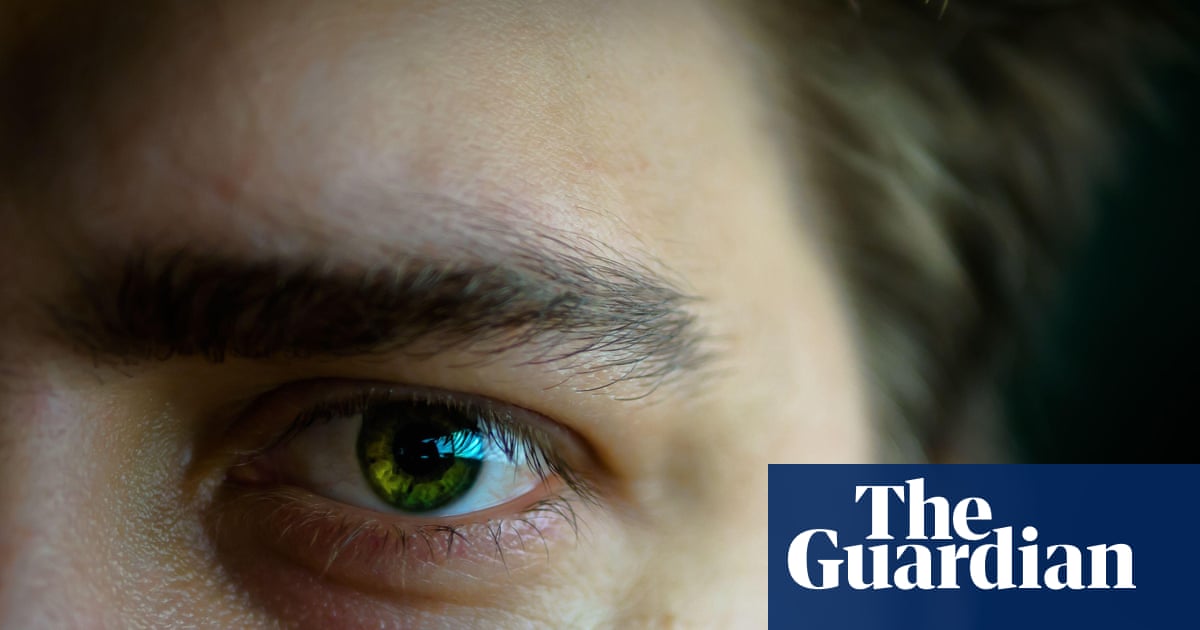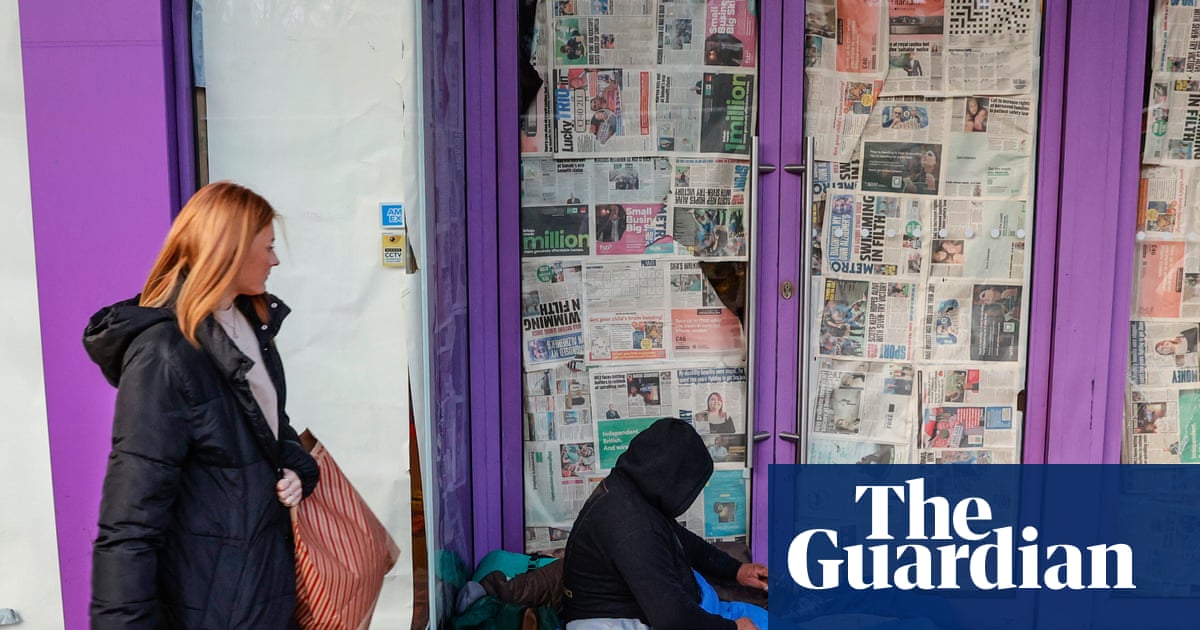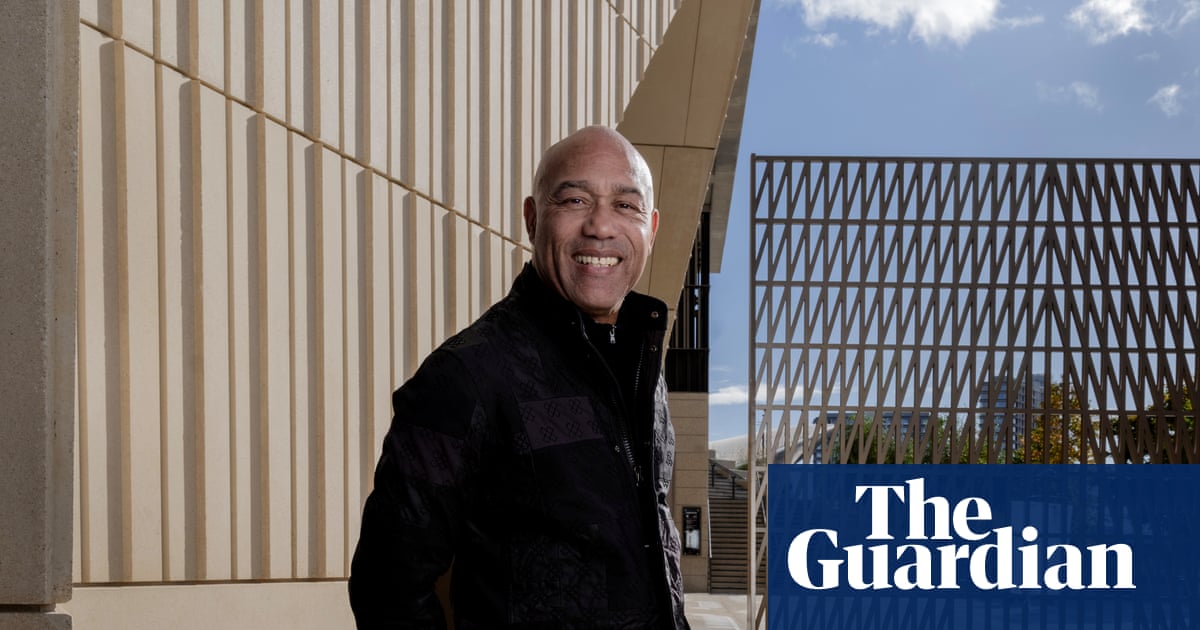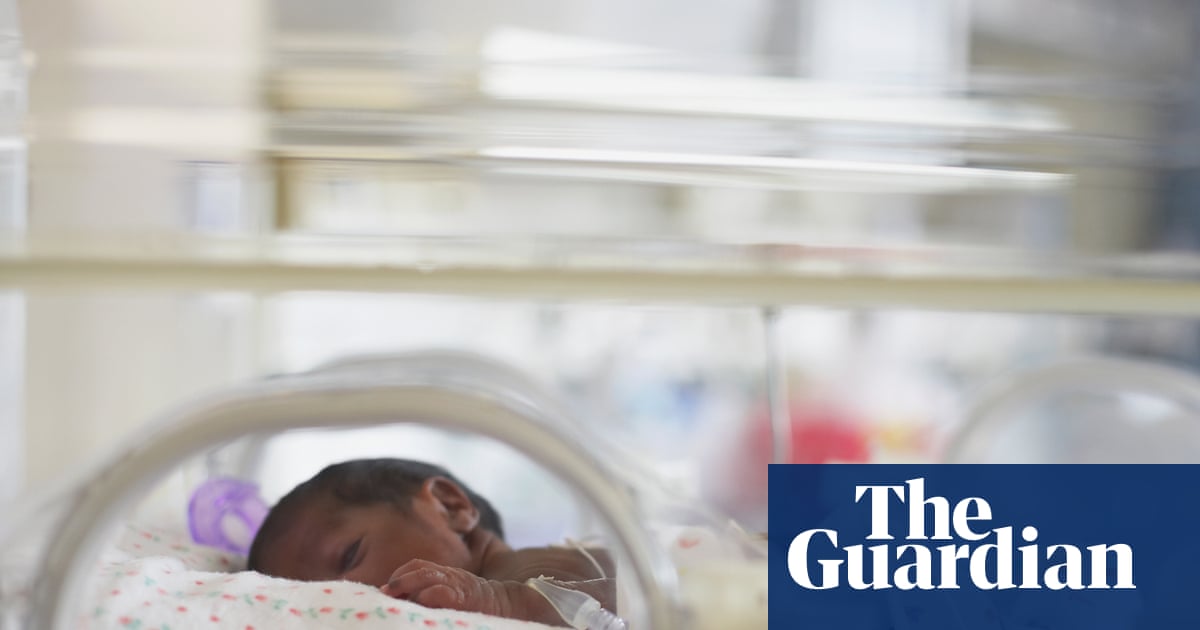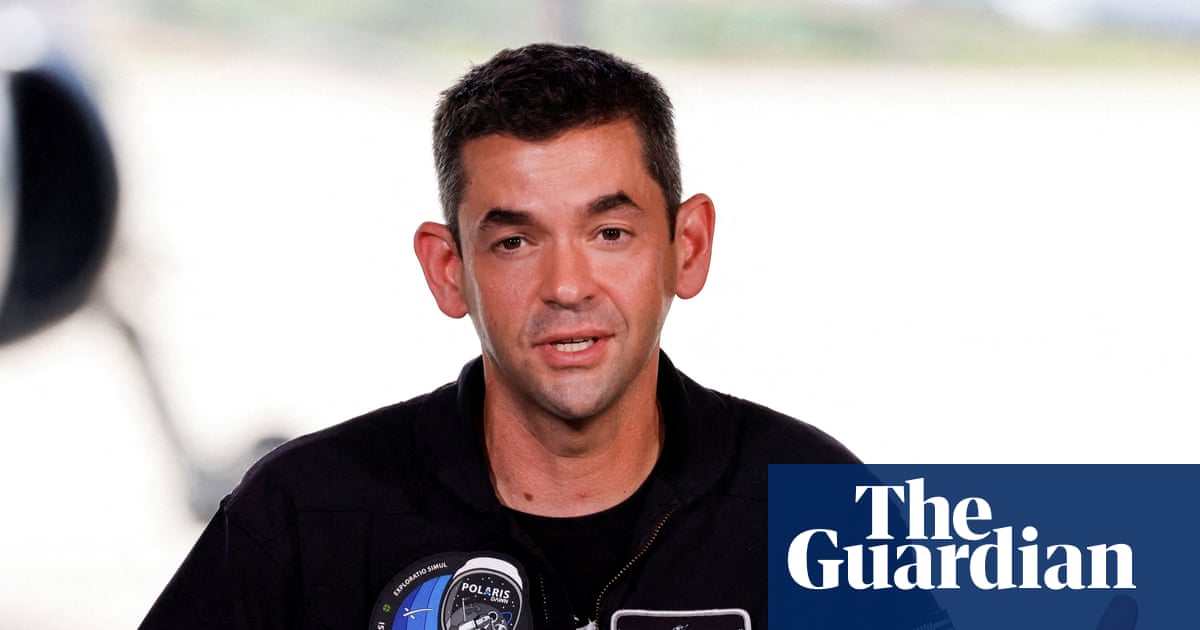Silivri was once just a getaway town. An hour’s drive west of Istanbul, it was famed for its lavender, its yoghurt, and its summer houses dotted along the Marmara Sea. But to most in Turkey now, Silivri means something different: not the town, but the mega-complex a little further down the coast. This is the prison that since March has held the Istanbul mayor – and rival to president Recep Tayyip Erdoğan – Ekrem İmamoğlu, as he awaits trial for corruption – and now, the place where he has been given a twenty month sentence, in another of the litany of charges against him, for insulting and ‘threatening’ a public official.
It started taking in prisoners in 2008. Turkish coverage at the time marvelled at the size. Here was a complex – a “campus”, in the new lingo – made of nine separate prisons, spread across almost 1m sq metres, and with a stated capacity of 11,000 people. For the on-site staff alone, there were 500 apartments, a mosque, a market and restaurant, and a primary school for their children. As one prisoner would later write, he would hear them from his cell singing the Turkish national anthem in the playground.
Silivri was meant to replace the dilapidated old inner-city jails. It had, it was breathlessly reported, TV and radios in every cell, more than 2,000 security cameras, and eye retina scans for staff coming in and out. Prisoners had access to an indoor sports centre and two open-air football pitches.
The mega-prison was swept into a broader narrative of the early Erdoğan years – of a country that was modernising fast. And soon events at Silivri would speak to something deeper too, and hopes that Erdoğan was breathing new life into Turkish democracy itself.
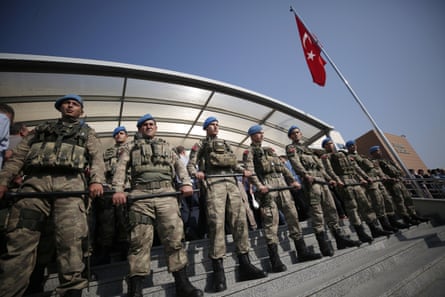
For before Silivri was even completed, it began to host a series of groundbreaking trials. Prosecutors had claimed to have unearthed a series of plots among Turkey’s old, secular establishment – generals and police chiefs, journalist and lawyers – aimed at overthrowing its elected Islamist government. Hundreds of them were tried at a time in Silivri, not in its courtrooms but in one of its gym halls repurposed for the task, as scores of gendarmes guarded the prison’s perimeter. It seemed, for many onlookers, that Silivri was the scene of a historic reckoning with Turkey’s past – of the humbling of a secular military elite who had overshadowed democracy for so long.
But by the time the guilty verdicts came in 2012, many in Turkey were having doubts. The indictments, it turned out, were full of inaccuracies, typos and doctored documents. In fact, there was scant evidence that the plots had existed at all. In hindsight, the Silivri trials hinted at what was to come: the use of police and prosecutors, courts and police to go after the government’s opponents.
It was all accelerated in Erdoğan’s second decade in power, a period marked by not only a failed coup but a state of emergency and a new constitution. A political crackdown brought the arrests of activists, journalists, lawyers, politicians and tens of thousands of ordinary citizens besides. Meanwhile, a moral panic about urban crime led to a huge increase in prison time for petty offences. Turkey’s prison population began to soar.
In 2002, when Erdoğan’s party came to power, Turkey had about 60,000 prisoners; now it has almost 350,000. In the Council of Europe’s latest report, Turkey was said to have about as many imprisoned as the other 45 countries put together. Silivri, built to a capacity of 11,000, was most recently reported to be housing 22,000 people. It is one of the largest prisons in the world.
The conditions have always been austere. As the author Ahmet Altan described – during his own imprisonment after the failed coup – occasionally in the spring, passing birds would drop flowers for their nests into his small and sunless courtyard. Once he took one and put it in a plastic bottle to decorate his cell. The next day, the officers took the flower away.
Lawyers, wardens, former inmates and their families all speak of a system overstretched: of units for 21 housing nearly 50; of meals shrinking, or of mattresses having to be shared out in shifts; or, during weekly exercise sessions on Silivri’s much-vaunted sports pitches, inmates trying to organise a game of football with 40 players at a time.
There have always been accusations – denied by the prison authorities – of frequent beatings by guards and deliberate acts of humiliation. In a case three years ago, after an inmate died in Silivri, the prison insisted the cause was a heart attack. His family did not believe it and said his body had been beaten black and blue.
The detention of inmates such as İmamoğlu tends to be different. Kept in isolation, in a unit specifically reserved for its high-profile political prisoners, few report any physical mistreatment.
Instead, the punishment is the Turkish court process itself: pre-trial detentions that can last years; judges and prosecutors under intense political pressure; and even – as İmamoğlu has found out – the possibility that an inmate’s lawyer might be detained too.
Today, Silivri has become a symbol of how far Erdoğan is willing to go to stay in power. So much so that the prison’s infamous name has found itself part of a Turkish phrase. Silivri soğuk – meaning Silivri’s cold – is said to friends, half in jest, half in warning, when they say or do something political deemed to go over the line.

 3 months ago
106
3 months ago
106



